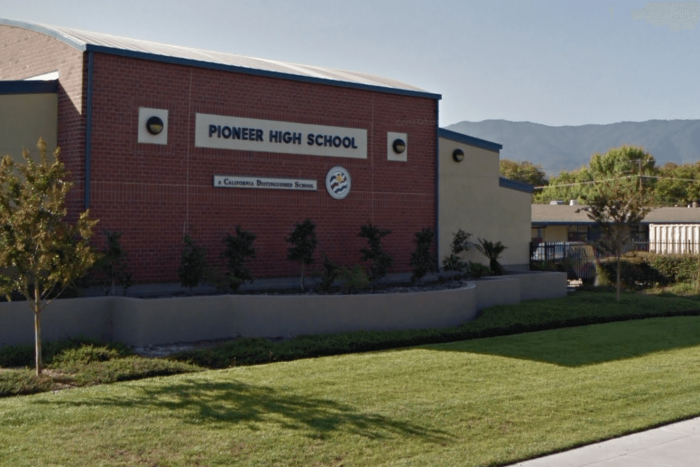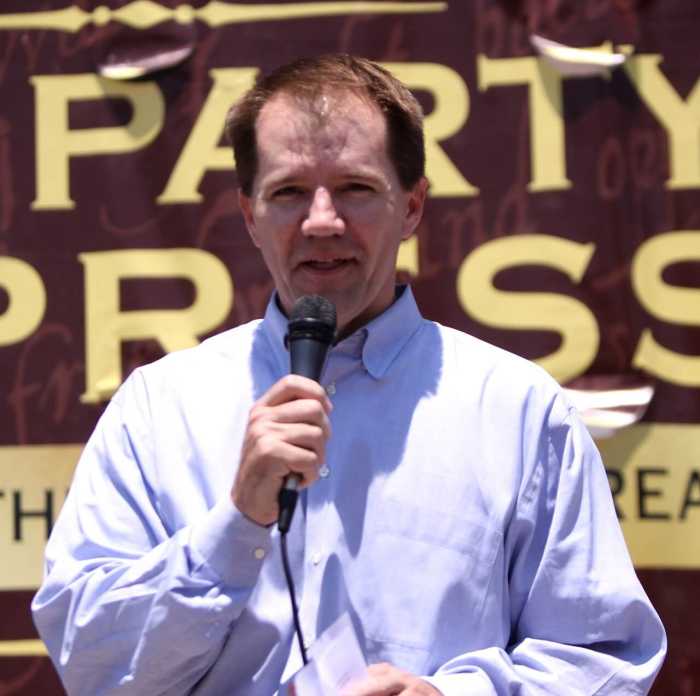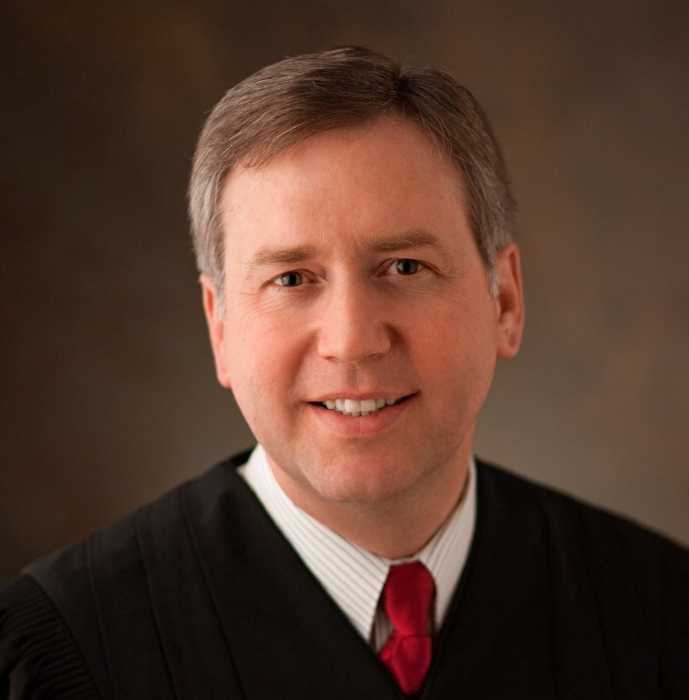A three-judge panel of the US Court of Appeals for the Ninth Circuit, which included the first member of that bench appointed by President Donald Trump, unanimously ruled on September 6 that a circuit precedent from 2014, Pickup v. Brown, which rejected a constitutional challenge to California’s ban on conversion therapy for minors, is still a binding precedent in the Ninth Circuit, thus affirming US District Judge Robert J. Bryan’s decision to dismiss a challenge to a virtually identical law enacted in 2018 by the state of Washington.
The only real point of suspense in the case was what effect the panel might give to the US Supreme Court’s decision in 2018 in National Institute of Family & Life Advocates v. Becerra. Three-judge panels of a circuit court of appeals are bound by past decisions of the circuit court unless they are reversed or superseded by an “en banc” decision (in the 9th Circuit an expanded panel of eleven judges) or by the US Supreme Court. The 2018 decision is usually referred to as the NIFLA case.
NIFLA operates a “pregnancy clinic” that counsels its clients not to resort to abortion. It challenged a California statute that required licensed pregnancy clinics to inform clients that California law provides free or low-cost family planning services, including abortion. NIFLA claimed that this requirement violated its free speech rights, compelling it to speak the state’s message rather than its own. The Ninth Circuit rejected that challenge, finding that the state could regulate “professional speech” as a distinct category of speech enjoying less protection under the First Amendment than other categories, such as political or artistic speech.
The Supreme Court reversed with an opinion by Justice Clarence Thomas stating that “professional speech” was not less protected by the First Amendment than other forms of speech, and specifically criticizing decisions by the Third and Ninth Circuits that had rejected free speech challenges to state laws designating performance of conversion therapy by licensed counselors as professional misconduct for which they could incur professional discipline. Both of those cases had referred to “professional speech” as being less protected than other forms of speech.
In this new challenge to Washington’s law, licensed counselor Brian Tingley, who describes himself as a “Christian counselor” who attempts to get children to feel comfortable with their biological sex and to minimize homosexual attractions, sued with the representation of Alliance Defending Freedom, claiming that after the NIFLA decision, the Ninth Circuit’s prior rulings on conversion therapy were no longer valid precedents.
District Judge Bryan disagreed, finding that the prior rulings had not depended solely on the “professional speech” theory. Instead, the district court considered a regulation of health care practice to be concerned with conduct that incidentally involved speech, in which case the state could regulate the conduct to achieve an important governmental interest. That interest would be to protect minors from the adverse psychological and emotional effects of conversion therapy, which have been well-documented by numerous studies and led most professional associations in the health care field to condemn the practice.
The Ninth Circuit panel agreed with Judge Bryan that the NIFLA opinion had not effectively overruled Pickup v. Brown or a subsequent case from California, Walsh v. Brown, that the Washington statute was virtually identical with the California statute that had been upheld, and that circuit precedent thus dictated that Tingley’s case be dismissed.
Judge Ronald M. Gould, writing for the panel, added a section to the opinion, speaking only for himself and Judge Kim McLane Wardlaw, identifying an “additional reason” for reaching the conclusion that the Washington law is constitutional: “The Supreme Court has recognized that laws regulating categories of speech belonging to a ‘long tradition’ of restriction are subject to lesser scrutiny.” Looking back at the NIFLA ruling, he noted that Justice Thomas wrote that in the NIFLA case there was not “persuasive evidence of a long (if hereto unrecognized) tradition” of exempting speech by professionals from First Amendment protection. However, Gould pointed out, there was a long tradition of the states regulating licensed health care practice.
“There is a long (if heretofore unrecognized) tradition of regulation governing the practice of those who provide health care within state borders,” he wrote, citing US Supreme Court cases from 1889 and 1898 to make his point. “And such regulation of the health professions has applied to all health care providers, not just those prescribing drugs.” He also noted that the Supreme Court had in the past “relied upon the positions of the professional organizations Tingley criticizes, even when those positions have changed over time.”
Gould commented that “the evidence presented shows some difference in opinion about the efficacy and harm of conversion therapy, but the ‘preponderating opinion’ in the medical communicate is against its use.”
“That doctors prescribed whiskey in 1922, and thought of homosexuality as a disease in 1962, does not mean that we stop trusting the consensus of the medical community in 2022 or allow the individual desires of patients to overcome the government’s power to regulate medical treatments.” And he pointed out that invalidating the conversion therapy ban because the “therapy” consisted of speech “would endanger other regulations on the practice of medicine where speech is part of the treatment.” For example, he noted a Washington statute that prohibits doctors from promoting “for personal gain any unnecessary inefficacious drug, device, treatment, procedure, or service.” Such promotion would normally be done through speech. Other sections of the law would subject to discipline the offering “to cure or treat diseases by a secret method,” and prohibit all advertising by health care professionals that is “false, fraudulent, or misleading.”
He also noted that the law was narrowly focused on licensed professionals, exempted unlicensed religious counselors, and clearly did not apply outside the confines of professional-client treatment relationships. Counselors are free to state their views about conversion therapy, both to their clients and publicly, but are just forbidden to provide conversion therapy to clients.
As to Tingley’s separate claim that the law violates his free exercise of religion, the court concluded that this was a religiously-neutral law of general applicability, and thus under existing Supreme Court precedent Tingley could not claim an exemption from complying based on his religious beliefs. The court also rejected Tingley’s argument that the law was unconstitutionally vague, finding that past decisions had rejected the argument that “sexual orientation” and “gender identity” are terms whose meaning is uncertain. “’Sexual orientation’ and ‘gender identity’ have common meanings that are clear to a reasonable person,” wrote Judge Gould, “let alone a licensed mental health provider.”
Judge Mark Bennett, the Trump appointee on the panel, joined the majority opinion, but only to the extent that it found the question of constitutionality to be governed by the Ninth Circuit precedents. “Respectfully,” he wrote, “I believe that we should not hypothesize with dicta when our conclusion is commanded by binding precedent.” Judges Gould and Wardlaw were appointed by President Bill Clinton.
Alliance Defending Freedom is likely to seek en banc review and, ultimately, to ask the Supreme Court to take up this case. Judge Gould recognized in his opinion for the court that this ruling opens up a split with a recent opinion by the 11th Circuit, Otto v. Boca Raton, which struck down a municipal conversion therapy ban on the theory that conversion therapy that is limited to speech enjoys full First Amendment protection, rejecting the argument that it was a regulation of professional conduct only incidentally burdening speech. The 11th Circuit took a different view of the impact of the Supreme Court’s NIFLA ruling, so it is possible that this case will provide ADF with the vehicle it is seeking to get the issue back before the Supreme Court.



































